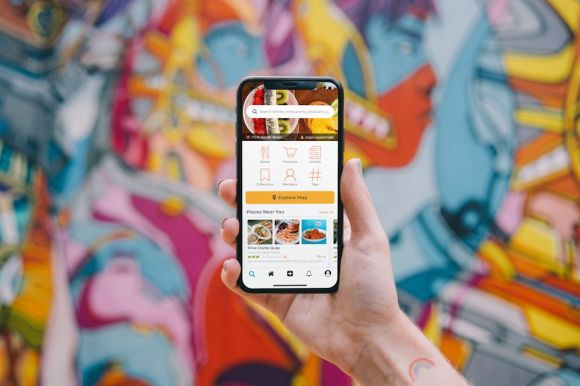In today’s digital world, mobile apps have become an integral part of our everyday lives. From social media platforms to productivity tools, there is an app for almost everything. However, with millions of apps available in various app stores, it can be challenging for app developers to stand out from the crowd and increase user engagement. In this article, we will explore some effective strategies that can help boost mobile app engagement.
1. Provide a Seamless User Experience
One of the key factors that can significantly impact mobile app engagement is the user experience (UX). A seamless and intuitive UX can make all the difference in attracting and retaining users. Ensure that your app loads quickly, is easy to navigate, and has a visually appealing design. Conduct user testing to identify any pain points and make necessary improvements to enhance the overall experience.
2. Personalize the App Experience
Personalization is a powerful tool to increase mobile app engagement. Tailor the app experience to individual users by offering personalized recommendations, content, and notifications. Utilize user data such as preferences, location, and behavior to provide relevant and timely information. By making users feel valued and understood, you can encourage them to spend more time on your app.
3. Gamify the App Experience
Gamification is a popular strategy to increase engagement and user retention. Incorporate game-like elements such as challenges, rewards, and leaderboards into your app. By introducing elements of competition and achievement, you can motivate users to stay engaged and continue using your app. Consider offering incentives or virtual currencies that users can earn and redeem within the app.
4. Implement Push Notifications Wisely
Push notifications can be a double-edged sword. While they can be an effective way to re-engage users and provide timely updates, excessive or irrelevant notifications can quickly lead to app abandonment. Use push notifications strategically and sparingly. Personalize the content of notifications based on user preferences and behavior to make them more relevant and valuable to the user.
5. Encourage Social Sharing and Referrals
Leverage the power of social networks to increase app engagement. Incorporate social sharing features within your app, allowing users to share their achievements, content, or invite friends to join. Encourage users to refer your app to their friends and offer incentives for successful referrals. By tapping into users’ social circles, you can expand your app’s reach and attract new users.
6. Continuously Update and Improve
Regular updates and improvements are crucial to keep users engaged and satisfied. Listen to user feedback, analyze app performance metrics, and make necessary adjustments to enhance the app’s functionality and usability. Introduce new features, fix bugs, and address any user concerns promptly. By showing that you are actively working to improve the app, users will feel more invested and engaged.
7. Leverage In-App Analytics
To understand how users interact with your app and identify areas for improvement, leverage in-app analytics. Track user behavior, such as session length, screens visited, and conversion rates. Analyze user engagement metrics to gain insights into what features or content are resonating with users and what needs improvement. Use this data to optimize the app and tailor the experience to better meet user needs.
In conclusion, increasing mobile app engagement requires a combination of strategies that focus on delivering a seamless user experience, personalization, gamification, strategic push notifications, social sharing, continuous updates, and leveraging in-app analytics. By implementing these strategies, app developers can create a compelling and engaging mobile app that attracts and retains users in today’s competitive app market.
